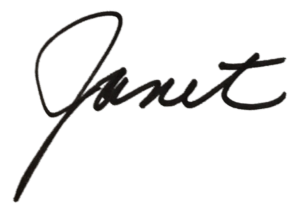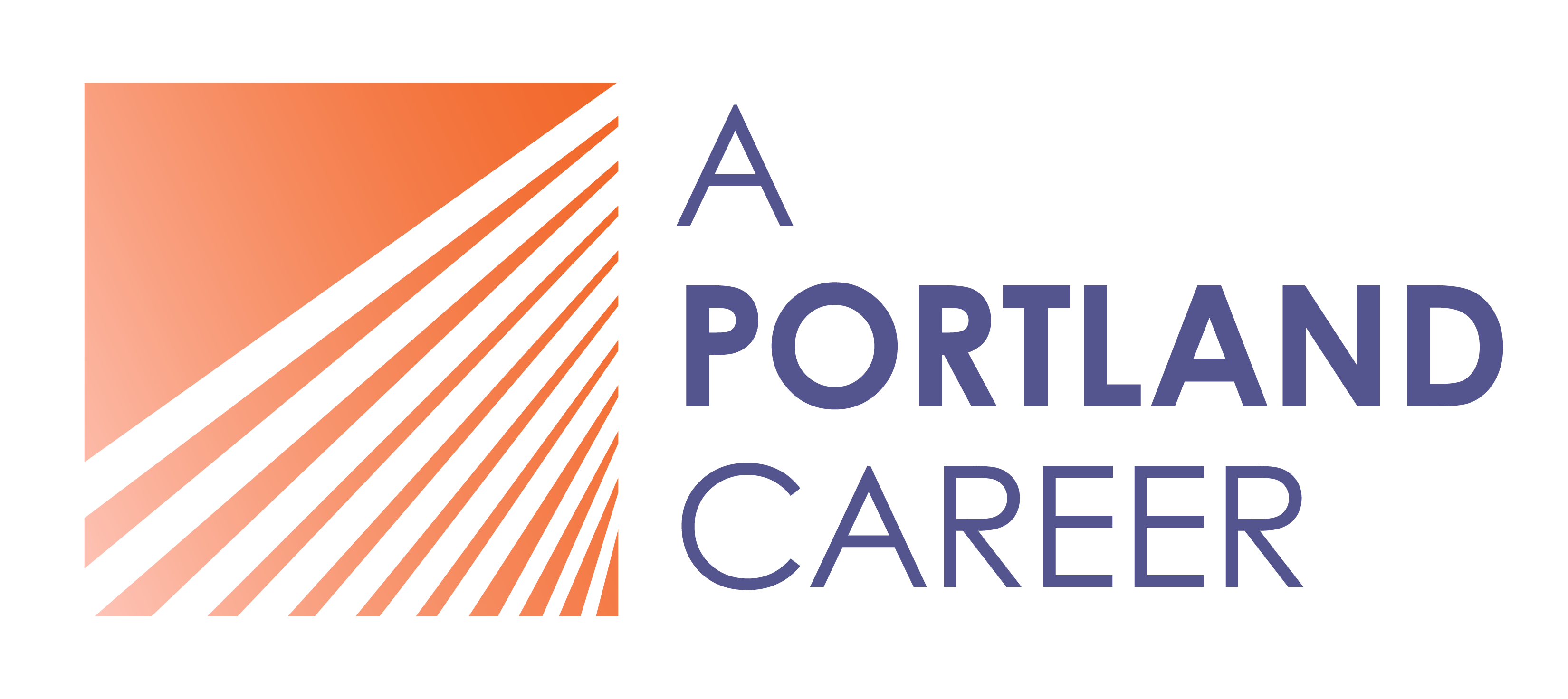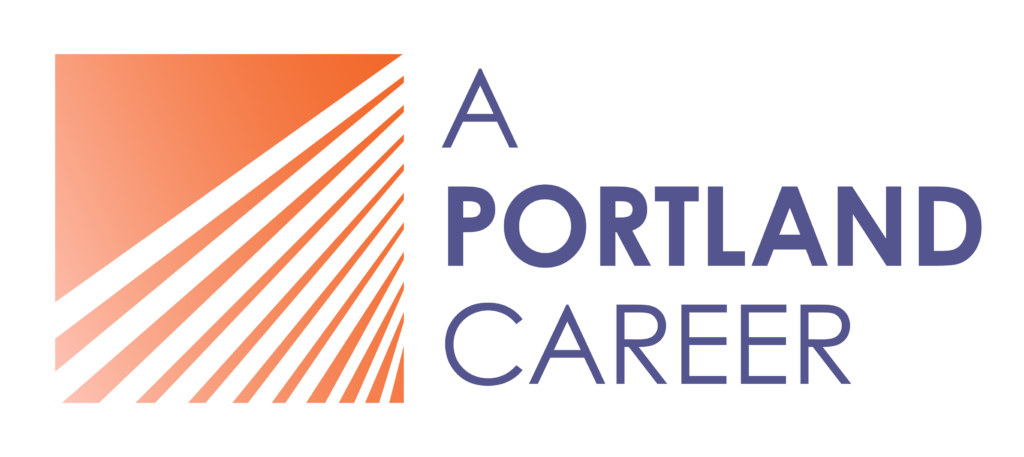Thank you notes never go out of style! Here’s what to include in a thank you note or email after the job interview.
Interview questions can sometimes come way outta left field. It’s a good idea to prepare for the more difficult or just plain weird interview questions you might get asked.
Answering Tough and Weird Interview Questions
By Janet Brumbaugh, M.A., updated by Dan Hahn, M.S.
Preparing for your next interview? Schedule a mock interview session with us!

Interviewing for a job can be overwhelming especially when you don’t know what questions to expect. It’s not uncommon for interviewers to ask at least a few questions that seem to come out of left field, throwing you off balance. These questions may seem simple, but it’s likely the interviewer is looking for something deeper and that can be disconcerting.
Home → Helpful Articles → Interviewing → Answering Tough and Weird Interview Questions
Here are more great posts about how to prep for your next interview:
- How to Prepare for Your Next Job Interview: The Career Expert’s Guide
- How to Ace the “Greatest Weakness” Question in Your Next Job Interview
- The CAR Interview Method Brings Your Accomplishments to Life
- The Best Interview Questions You Should Ask at Your Next Job Interview
- Virtual Job Interviews: Master the Art of Zooming It In!
If you’re feeling anxious about interviewing, get in touch with us, and we’ll make sure your interviews start landing you more job offers.
It’s important to understand why this happens; the interviewer wants to hear your response to questions you haven’t already memorized or researched on the web. If you can see the reasoning from their perspective, you’ll be able to partner with them in the conversation, giving you the competitive edge.
As a senior recruiter and executive job search coach, I can tell you there is not necessarily only one “right” answer to tough interview questions. I’ve helped hundreds of clients come up with a strategy to tackle tough questions with freedom and ease so that their answers showcase their strengths.
So what are some of these challenging interview questions that require creativity and on-the-spot thinking? And what are possible approaches to answering them?
Here are a few tough questions with sample strong answers:
What are five of your weaknesses?
Strong answer: “Early in my career I used to try to take on too much myself which meant that I needed to improve my time management, delegation, and training skills. As I built these skills, I’ve learned the bonuses of having others contribute- not only do they feel more invested in the outcome, but it creates a smoother more efficient process with better results.”
Why this answer works: You’ve probably identified one or two weaknesses so a question asking for five could shock and overwhelm you. Get around this by addressing several weaknesses in one answer. Do not reveal five weaknesses that are core to the job; if you have them the job is probably not right for you anyway. Look for an answer that demonstrates how you approached projects or people in the past, what your weaknesses were in those contexts, and what you learned from the experiences. As a bonus, describe how you will apply your learning to the position you’re interviewing for now.
What do you and your family like to do on weekends?
Strong answer: “My wife and I enjoy camping and hiking. We had a strenuous hike at Eagle Creek last weekend.”
Why this answer works: In Oregon, enjoying the outdoors is so popular that it is a safe way to connect while showing your stamina. The interviewer’s reference to family may be an indirect way to find about your personal life (how many kids, approximate age and health). Keep these answers short so your time can be spent on expressing how you’ll succeed in the job.
What is your favorite book or movie?
Strong answer: “I’m a Sci-fi fan and watch shows like Stranger Things. If I’m in a more serious mood, I’ll watch history shows like The Crown. I enjoyed reading Radical Candor or Measure What Matters and listening to Seth Godin’s On Marketing because they offer actionable ideas that drive business success.”
For an even stronger answer search for your potential manager’s name on Google and review their LinkedIn profile. Find out what they are interested in so that you can connect over what you have in common. Make sure to mention sources and authors that show off your passion, intellect, and business acumen.
You have 300 unread emails and only have an hour. What would you do?
Strong answer: “I have a strategy for my correspondences based on what requires immediate attention, the relationship with the sender, and what can wait. When I don’t have time for a full response, I email the sender and let them know when I’ll reply to them. I am committed to ensuring that every important inquiry gets a response from me in a timely manner.”
Why this answer works: It shows that you are a strategic thinker who is able to prioritize tasks and that you take serious inquiries…well, seriously! It is fine that you sidestepped referring to the number 300 because your strategy to handle large tasks is what’s important.
What is your favorite color?
Strong answer: “Blue because it reminds me of the sky and how we are all connected.” Or “Red because it is energizing and carries vitality.”
Why answer works: It really doesn’t matter which color you choose. What’s important is that your answer showcases a desirable trait or outlook.
What would one of your managers say about an area where you need improvement?
Strong answer: “My manager at my last job said I didn’t know enough about electric cars. The opportunity to delve into new areas and do research to bring me up-to-date really energizes me. So, I did my research on electric cars and found approaches to capitalize on our marketing campaign.”
Why this is answer works: You chose a weak spot that’s not essential to the new role. It also demonstrates that you take feedback from a manager seriously and will work to address it.
If you feel like you’ve botched or failed to fully address a question, you have two opportunities to correct course: when they ask you if you have any questions for them, you can insert
“I’ve been thinking about your question about my favorite movie or book, and I wanted to let you know the reason for my choice.” If a better answer comes to you when you get home, you can address it in your thank-you communication.
Enter the interview room well-prepared, but also realize that your fate doesn’t depend on a perfect answer to these curveball questions. Staying calm, genuine and curious will give the interviewer the desired picture of your ability to handle the surprises that come with an interesting job.

Related articles you might be interested in:
The 25 (plus 10!) Most Common Job Interview Questions
Nail your next job interview by preparing for these 25 (plus 10!) most common interview questions.
The CAR Interview Method Brings Your Accomplishments to Life
Use the CAR method to tackle interview questions. Vividly illustrate your accomplishments and impress hiring managers!
How to Ace the “Greatest Weakness” Question in Your Next Job Interview
Learn how to best answer the “tell me about your greatest weakness” question in your next job interview with expert strategies and sample answers.





